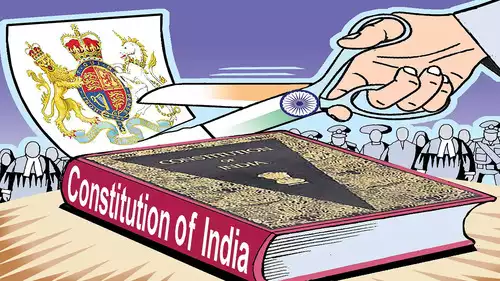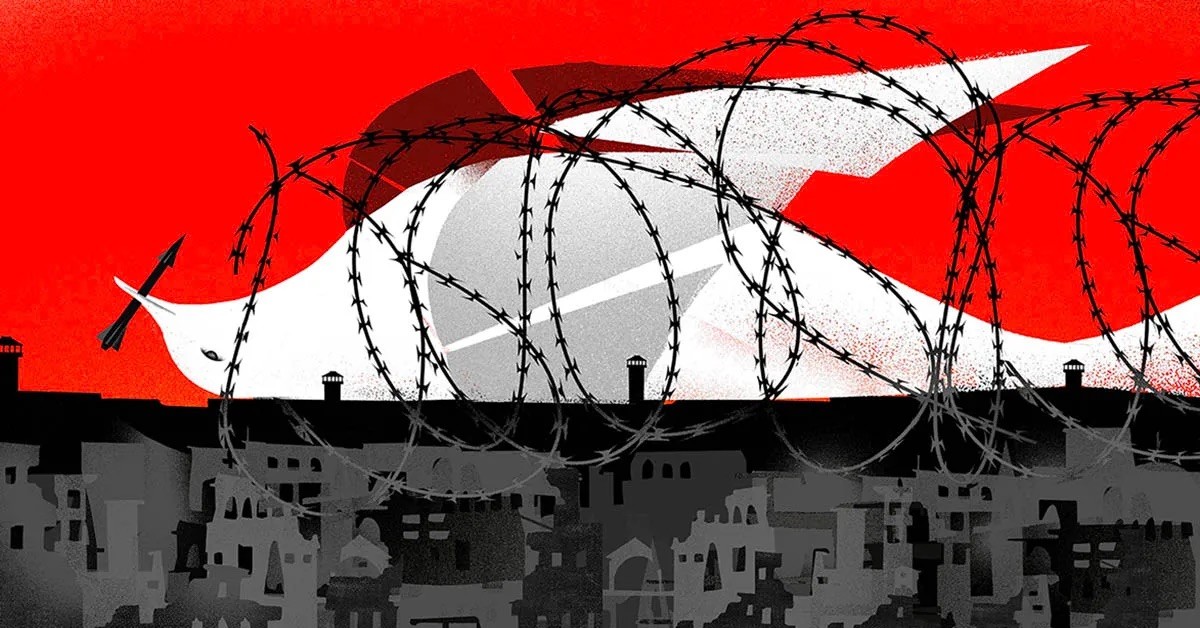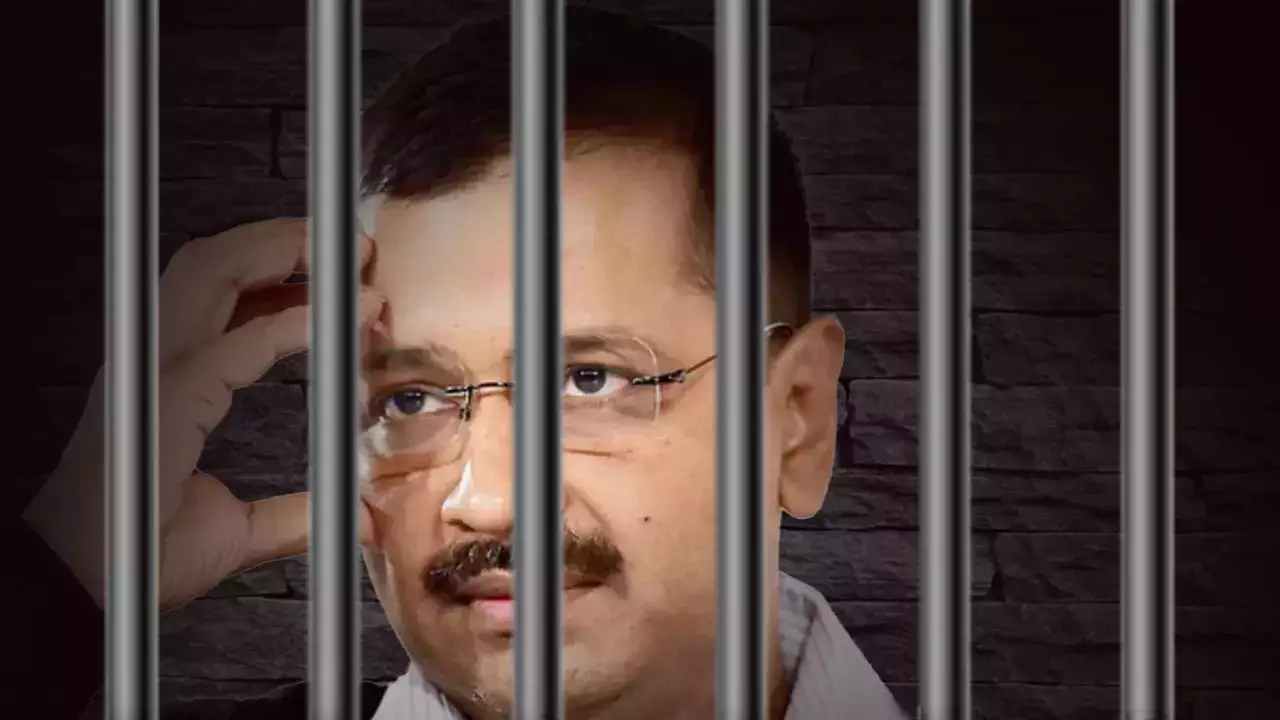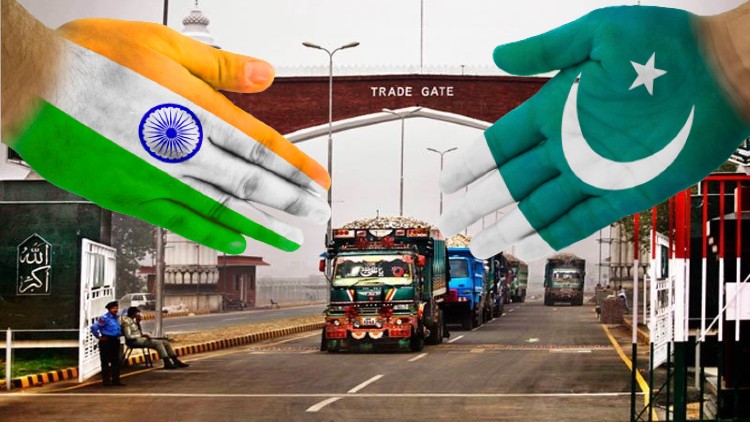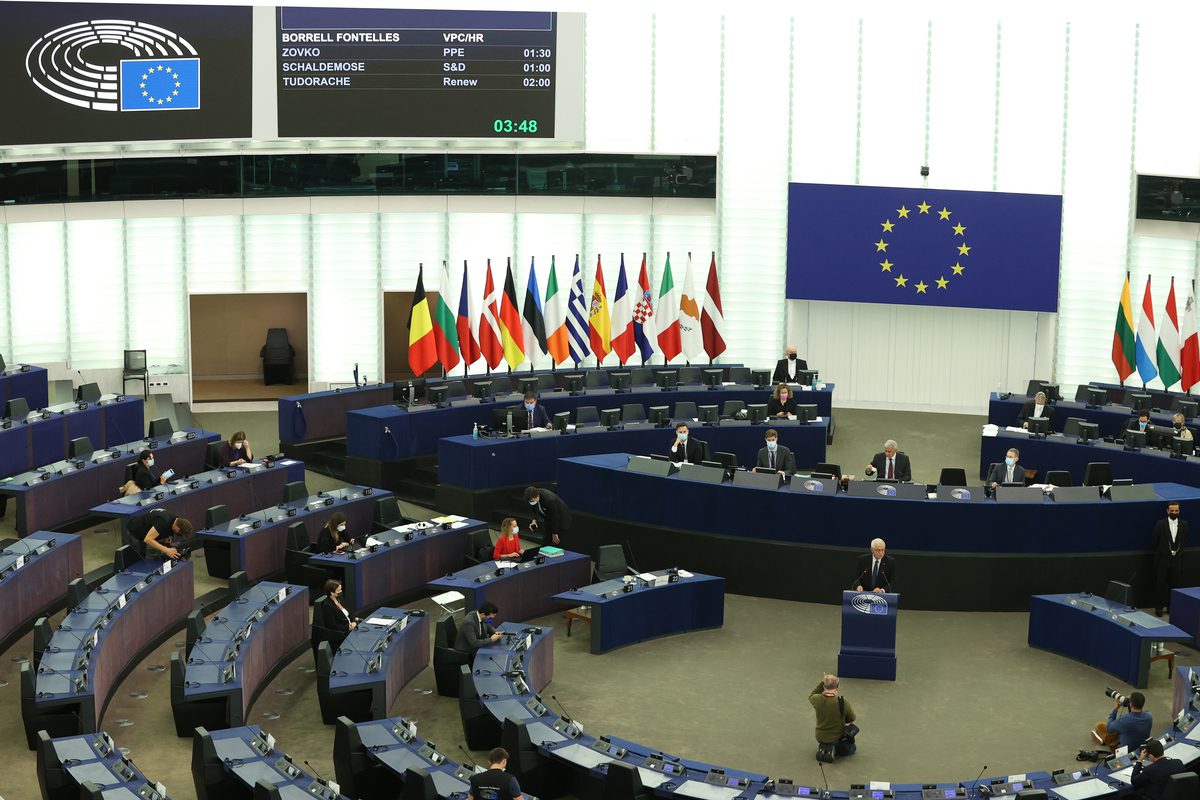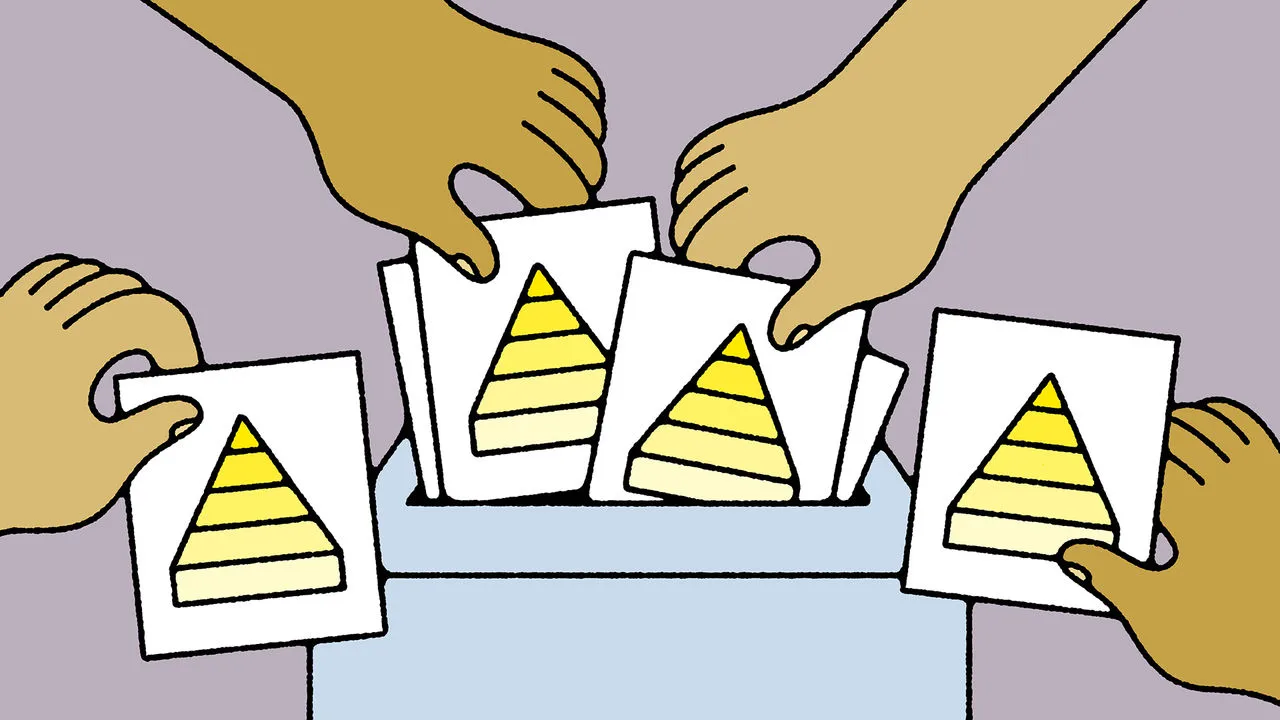A serious worry is the impending danger that Prime Minister Narendra Modi poses to the constitutional integrity of India. Many have questioned whether his actions during his tenure—which were characterised by an apparent contempt for democratic norms—represent a fundamental assault on the Constitution itself.
Modi’s actions since taking office point to a worrisome confidence that he represents the Constitution. This mindset is demonstrated by a number of behaviours that go against democratic norms and constitutional principles rather than by overt assertions. Modi is a master demagogue who seems to value his power more than the accepted rules of government.
The prime minister, especially with a majority in the ruling party, ought to ideally conduct a harmonious symphony of governance in a parliamentary democracy. But under Modi’s leadership, the last ten years have been more of a cacophony, with several incidents deviating from democratic standards.
Modi’s total avoidance of the question hour in the Lok Sabha and Rajya Sabha for the past ten years is one of the most obvious evidences of this divergence. The fundamental tenet of parliamentary democracy—that the opposition be given the chance to challenge the government—is undermined by this avoidance. Unprecedented levels of negligence indicate a pervasive disdain for the democratic process.
Modi’s decision to forgo holding a press conference since assuming office in May 2014 is equally concerning. This evasion highlights a concerning tendency in which the leader elevates himself above responsibility—a concept at odds with the democratic ideals of open communication and openness.
It is reasonable for critics to claim that if Modi were to win a third term, the Indian Constitution as we know it would end. But the amount of harm already done is frequently underestimated. The decade-long systematic erosion of constitutional principles indicates that it will take a significant amount of time and effort to reverse this trend.
One of Modi’s strategies has been to circumvent established legislative processes. It is unprecedented for the departing Lok Sabha to have no deputy speaker for five years. In order to guarantee a balanced discussion, this position is traditionally handed to the opposition. However, Modi’s administration disregarded this custom in order to avoid potentially giving any ground to the opposition, especially the Congress party.
The way legislative procedures are handled is another area where the parliamentary convention is marginalised. Legislation that has to be sent to standing committees for careful examination and discussion has regularly been evaded by the Modi administration. This has resulted in hurried legislation, which frequently causes strong opposition, as evidenced by the contentious agriculture laws. These laws, which were approved in the face of demonstrations and walkouts by the opposition, show how willing the administration is to crush dissent and evade democratic procedures.
Modi’s parliamentary rule-bending has frequently suppressed democratic discourse. Bills that aim to circumvent the Rajya Sabha, where the BJP does not have a majority, have been dubbed money bills. One such example is the Aadhar Bill, which the Supreme Court ultimately decided was not a money bill. In his dissenting opinion, Justice D.Y. Chandrachud referred to this tactic as a “fraud on the Constitution.”
It is not just parliamentary strategy that demonstrates the prime minister’s contempt for democratic values. His judgements made within the party also show a departure from accepted practices. Modi was named J.P. in 2019. Nadda, a role not specified in the party constitution, is the BJP’s acting president. This action demonstrates his propensity to disregard institutional rules for the sake of political expediency.
A parliamentary democracy is based on communication between the ruling party and the opposition. But Modi has never engaged the opposition and has disregarded their function in a democratic system. Important national issues, including the Chinese intrusions in Ladakh and the Galwan incident, have not been discussed in Parliament publicly because the government is unwilling to deal with them honestly.
Paradoxically, Modi has portrayed India as the biggest democracy in the world on international stages, like the G-20 conference in New Delhi. His domestic policies, which frequently violate democratic ideals, provide a sharp contrast to this portrayal. The tragedy of Modi’s presidency is that it is a rerun of his anti-democratic policies from his days as Gujarat’s chief minister, when opponents were routinely driven out of the Assembly in order to ram through laws more quickly. The national democratic fabric has suffered as a result of this “Gujarat model,” which disadvantages dissenters irrespective of their validity.
One of the authors of the Indian Constitution, Dr. B.R. Ambedkar, stressed that the integrity and morality of individuals in positions of authority will ultimately determine the document’s effectiveness. During his tenure, Modi has shown that when the leadership chooses to undermine democratic norms rather than maintain them, the worst concerns of the founders of the Constitution might come true.
In summary, Prime Minister Modi poses a serious and complex threat to the Indian Constitution. Actions taken throughout his term have progressively undermined democratic norms and ideals, presenting a serious threat to the survival of India’s constitutional democracy. It will take a determined effort to reinstate the principles and norms that serve as the cornerstone of a functional democracy in order to undo this harm.
